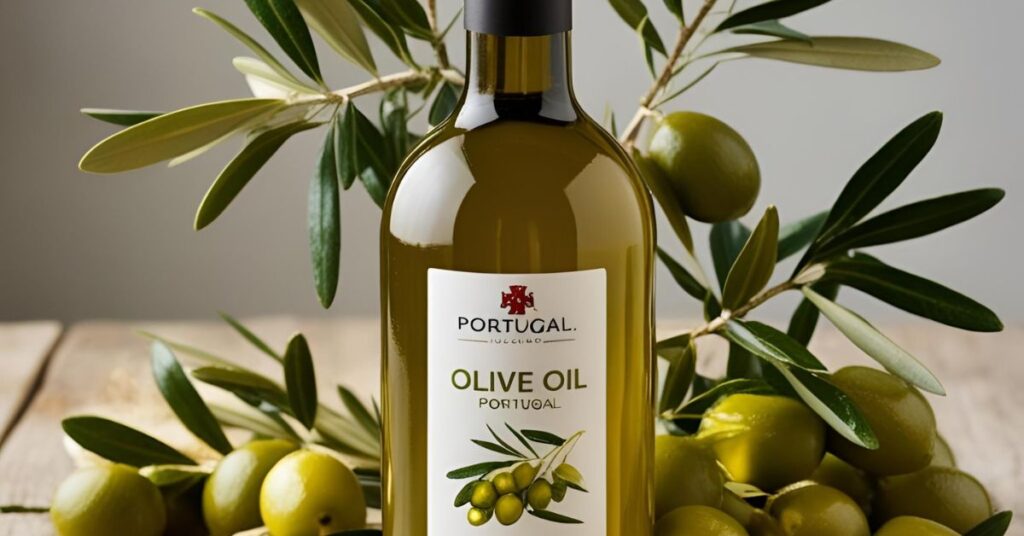
Olive Oil Production in Portugal

The Tradition and Craft of Olive Oil Production in Portugal
When it comes to olive oil, Portugal is a hidden gem. While countries like Italy and Spain often take center stage in the olive oil world, Portugal has quietly perfected the craft for centuries. With its sun-drenched landscapes, rich soils, and ancient olive groves, Portugal produces some of the finest and most flavorful olive oil in the world.
A Tradition Rooted in History
Olive trees have thrived in Portogallo for over 2,000 years, dating back to Roman times. Today, the country continues to honor this age-old tradition, blending time-tested techniques with modern innovation. Portuguese olive oil—azeite—is more than a kitchen staple. It’s a symbol of cultural heritage, rural life, and sustainable farming.
The main olive-producing regions in Portugal include Alentejo, Trás-os-Montes, Beira Interior, and parts of Ribatejo and the Algarve. Each region offers unique terroirs that influence the flavor and character of the oils produced there.
The Olive Oil Production Process
Portuguese olive oil production follows a careful, seasonal rhythm:
- Harvesting (October to January): Olives are hand-picked or gently shaken from trees to avoid bruising. Harvesting early yields more aromatic, green oils, while later harvests produce smoother, fruitier profiles.
- Cold Pressing: Within 24 hours of harvest, the olives are transported to mills for pressing. Portugal primarily uses cold extraction methods to preserve the oil’s flavor, antioxidants, and nutrients.
- Filtering and Storage: The oil is filtered (or left unfiltered for rustic-style oils) and stored in stainless steel tanks, away from light and air, to preserve quality.
- Bottling: Finally, the olive oil is bottled—often in dark glass to prevent oxidation—and labeled by variety, region, and quality.
Varieties and Flavor Profiles
Portugal boasts a rich diversity of native olive varieties, each contributing distinct characteristics:
- Galega: One of the oldest and most traditional, producing sweet, mild, and balanced oils.
- Cobrançosa: Known for complex, fruity, and spicy flavors.
- Cordovil and Verdeal: Often blended for robust, slightly bitter oils with notes of green apple, herbs, and almond.
Portuguese extra virgin olive oils are known for their bold aromas, peppery finishes, and excellent balance—perfect for drizzling over grilled fish, fresh bread, or rustic soups.
Sustainability and Quality in Olive Oil Production in Portugal
Portugal places a strong emphasis on sustainable olive farming. Many producers use organic methods, prioritize biodiversity, and avoid chemical pesticides. The country also adheres to strict EU regulations and boasts several PDO (Protected Designation of Origin) olive oils, guaranteeing authenticity and quality.
Tasting and Touring
Olive oil tourism is growing in popularity in Portugal. Visitors can explore olive groves, witness traditional pressing methods, and enjoy tastings at family-run estates. In Alentejo, especially, olive oil estates sit alongside vineyards, cork forests, and boutique farms, offering an immersive agri-tourism experience.
Why Portuguese Olive Oil Deserves the Spotlight
Portuguese olive oil may not always be the first name on the shelf, but those who know it understand its true value. Rich in flavor, history, and heart, it represents a commitment to quality, heritage, and the land.
Whether you’re a home cook, a gourmet food lover, or simply curious, exploring Portugal’s olive oil is a journey worth taking—one bottle at a time.